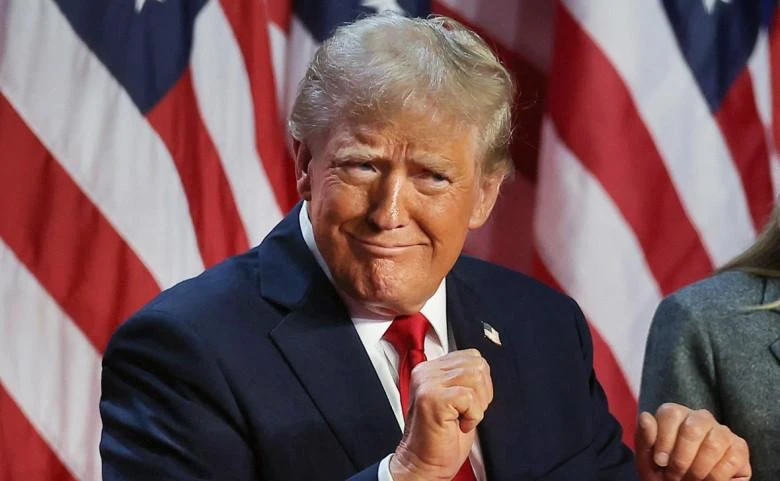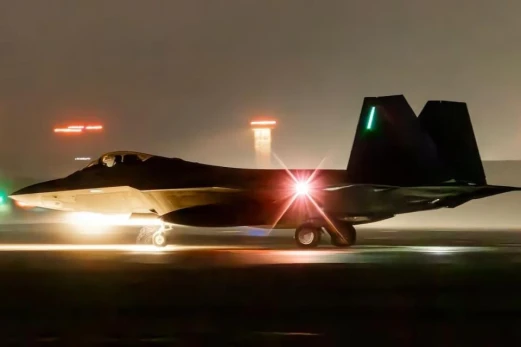"Fact" daily writes:
On January 20, the inauguration ceremony of the 47th US President Donald Trump took place. There is a point of view that the second period of his tenure will be significantly different from the first period, when he faced a lot of resistance inside the country, which created obstacles for the activities of his administration.
Trump's return to the presidency is also marked by the fact that completely different conditions have been created in terms of his policy. First of all, he enjoys great support among the population.
Another important circumstance is that this time Trump is supported by such big businessmen and representatives of the technology sector, who have an important influence not only on the economy, but also on politics.
And the most significant political picture reflects the fact that in both houses of Congress, the House of Representatives and the Senate, Republicans are in the majority.
In other words, Trump can make very quiet decisions in Congress. As for domestic issues, Trump promised to boost the economy, open factories, create favorable conditions for American manufacturers and workers, carry out the largest deportation of illegal immigrants in history, and fight drug smuggling. against In relation to intra-American issues, there are too many expectations from Trump, which he needs to realize, so that his public support does not turn into deepening resentment.
Trump is also trying to enter the history of the presidents who expanded the territories of the USA.
This is the reason for his interest in Greenland and his desire to buy the world's largest island. The policy of the new administration in the USA will also cause global geopolitical changes.
First of all, it refers to the ongoing wars in Ukraine and the Gaza Strip. Trump has promised that he will stop wars by using the levers of American power.
Perhaps this is due to the fact that the day before he took office, an agreement was reached on a ceasefire in the Palestinian enclave of Gaza. And after taking office, the 47th president of the USA will also start efforts to establish a ceasefire in Ukraine.
The start of negotiations on Ukraine may be marked by the softening of the US policy towards Russia.
And the establishment of a ceasefire will enable Moscow to focus in other directions, including in the South Caucasus, where Russian influence has significantly decreased and Turkish influence has strengthened.
Another important geopolitical change that predetermines Trump's term of office refers to the policy of US self-isolation, which is also manifested by the fact that Washington is reducing its international involvement in various regions.
It is within the framework of this that the American side demands that the European allies of NATO allocate more than 2 percent of their GDP to the military sector and pay for their defense with it, because the United States no longer intends to pay and ensure the defense of these countries.
Accordingly, European countries are already thinking about creating a separate defense mechanism, as a result of which they will reduce their dependence on the USA.
That's why European countries have started to boost the development of the local military industry. The economic policy conducted by the Trump administration will also have a great impact on the global level.
He promised to significantly increase tariffs on goods coming from China and intensify economic pressure on Beijing, which is taking advantage of the opportunities provided by the American market.
Apparently, the ban on the export of cutting-edge chips and other technological products to China will also be tightened. China is already thinking about giving an adequate answer to it. There is a high probability that Beijing may impose a ban on the export of much-needed Chinese raw materials and products to the US in some key directions.
The deepening of China-US economic competition will also significantly affect the global economy and supply chains. Apparently, Western investments will flow from China to the countries of South and East Asia, where labor is still cheap, and Chinese companies, faced with high American tariffs, will establish factories in other countries, including Mexico, and organize exports from those countries.
ARSEN SAHAKYAN


























